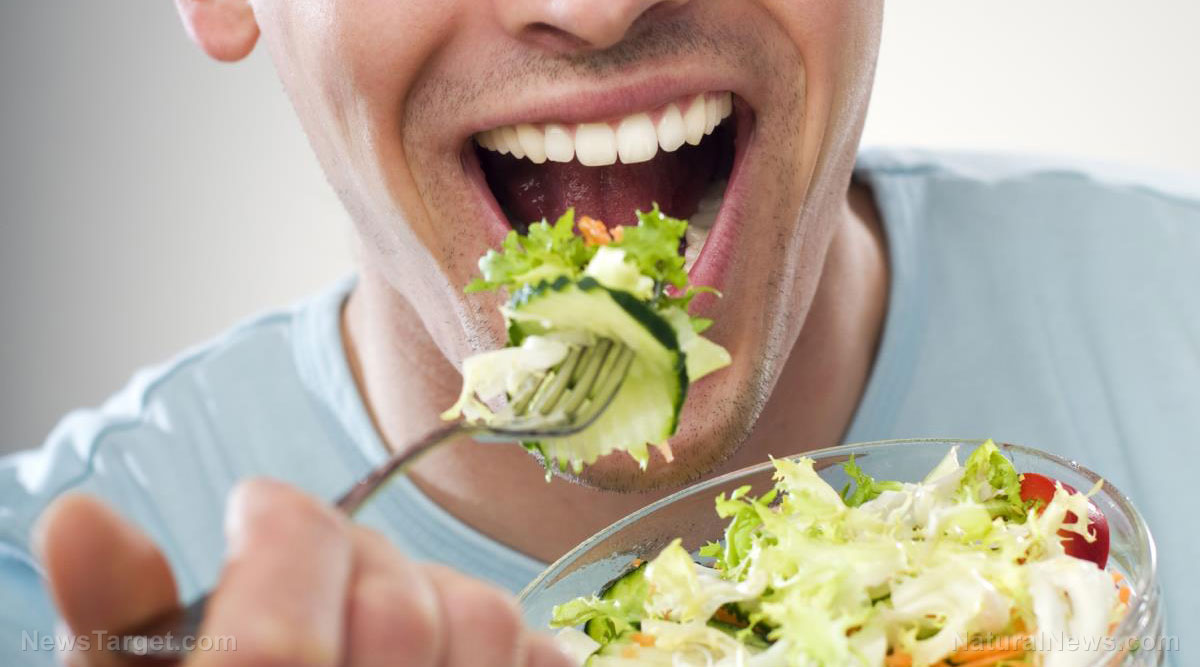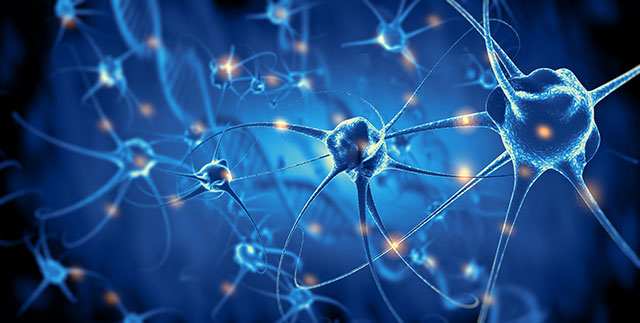Social media users often copy their friends’ good or bad eating habits
06/28/2022 / By Zoey Sky

Social media is a common part of everyday life, but did you know that it can also affect your eating habits? According to a fascinating study, social media users are more likely to eat healthier foods or unhealthy snacks if they think their friends are making similar choices.
For the study, researchers instructed 369 university students to estimate the amount of fruit, vegetables, “energy-dense snacks” and sugary drinks their Facebook friends consumed in a day.
The information was then cross-referenced with the volunteers’ own eating habits. The comparison revealed that people who thought their peers “approved” of eating junk food ate a lot of unhealthy snacks themselves. In fact, those with friends who consumed an extra portion of junk food did the same for every three portions they believed their Facebook friends consumed.
On the other hand, volunteers consumed an extra fifth of a portion of fruit and vegetables themselves for every portion they thought their social media peers had. This means that those who believed their friends got their recommended five portions of fruit and vegetables per day were likely to eat an extra portion, too.
It’s possible that their perceptions were influenced by seeing their friends’ posts about the food and drink they consume, or just a general impression of their overall health.
There was no significant link between the volunteers’ eating habits and their Body Mass Index (BMI), a standard measure of healthy weight. The researchers added that the next stage of their research would track a participant group over time to determine if the influence of social media on eating habits has a long-term impact on weight.
Impact of social media on eating habits
The researchers said the findings provide the first evidence of online social circles implicitly influencing eating habits, with important implications for using “nudge” techniques on social media to help people make healthier food choices.
Lily Hawkins, a doctoral student in health psychology at Aston University who led the study with supervisor Dr. Jason Thomas, said that their study reveals how people’s eating habits can be influenced by their peers more than they realize. People may be “subconsciously accounting for how others behave” when making their own food choices.
If you think your friends are following a balanced diet, you’ll be more likely to snack on more fruits or veggies. And if your Facebook friends choose chocolates over an apple, you might think overeating processed foods or junk food is fine, even if these snacks are bad for your weight and health, said Hawkins.
According to professor Claire Farrow, Director of Aston University’s Applied Health Research Group, children and young people spend a lot of time interacting with friends and influencers on social media. She hopes that the study’s findings can be used to teach young Facebook users how to develop lifelong good habits at a young age so they can grow into healthy adults.
Tips for improving your eating habits
Some people struggle to eat healthily, especially since fast food and junk food are often cheaper and more convenient than cooking at home. But taking the time to cook meals using healthy ingredients like fruits, vegetables, lean meat and whole grains is key to improving your health. (Related: Knowledge IS power: Teaching teens about junk food promotes healthy eating habits.)
Check out the tips below if you want to improve your eating habits.
Add, don’t subtract
People who try to make better food choices often feel deprived because they think they’re not able to eat what they want. To prevent this, focus on looking for healthier foods that you can add to your regular diet instead of cutting out certain kinds of food. Try eating more fermented foods, microgreens, seeds like chia and flax, and spices, all of which have amazing nutrient profiles.
Plan ahead
Plan a grocery list before you leave your house and try meal prepping. Doing this helps save time and effort, freeing up more time for exercise or other tasks.
Make your goals doable
Whether it’s New Year’s resolutions or getting your summer beach bod, it’s important to set achievable goals that are more sustainable than giving up certain foods.
Instead of giving up all alcohol cold turkey, limit your intake to only one to two drinks a week. Allowing these small indulgences can make your wellness journey easier to continue instead of giving up when you feel deprived.
Follow the 80/20 rule
If you can’t quit chips and chocolates, compromise with the 80/20 rule: Eat nutritious meals 80 percent of the time and for 20 percent of the time, indulge in occasional treats.
Don’t worry too much
Instead of worrying over what you should do with food, think about what food can do for you. This means enjoying meals made with nutritious foods that can boost your physical and mental health. Stop micromanaging your food choices and think of food as an important part of your journey to “well-being and longevity.”
Focus on the positive
Focusing on the treats you can’t eat can make it hard to reach your wellness goals. Think of the positive: There are new superfoods to try like corn salad, dragon fruit, kale or kimchi. Look up new recipes that use these ingredients.
Moderation is also key to improving your eating habits. Instead of eating a whole chocolate bar, savor a couple of pieces after dinner and save the rest for other meals.
Watch this video discussing healthy eating tips provided by a local TV station.
This video is from the DrKrupka channel on Brighteon.com.
More related stories:
Babies fed solid foods more likely to develop healthy eating habits.
Understanding the difference between simple and complex carbs is the key to healthy eating habits.
Sources include:
Submit a correction >>
Tagged Under:
behavior, diet, eating habits, Facebook, food choices, food science, Friendship, healthy eating, mind, mind body science, natural health, nutrition, Psychology, Social media, tips
This article may contain statements that reflect the opinion of the author
RECENT NEWS & ARTICLES
Fasting.News is a fact-based public education website published by Fasting News Features, LLC.
All content copyright © 2018 by Fasting News Features, LLC.
Contact Us with Tips or Corrections
All trademarks, registered trademarks and servicemarks mentioned on this site are the property of their respective owners.




















